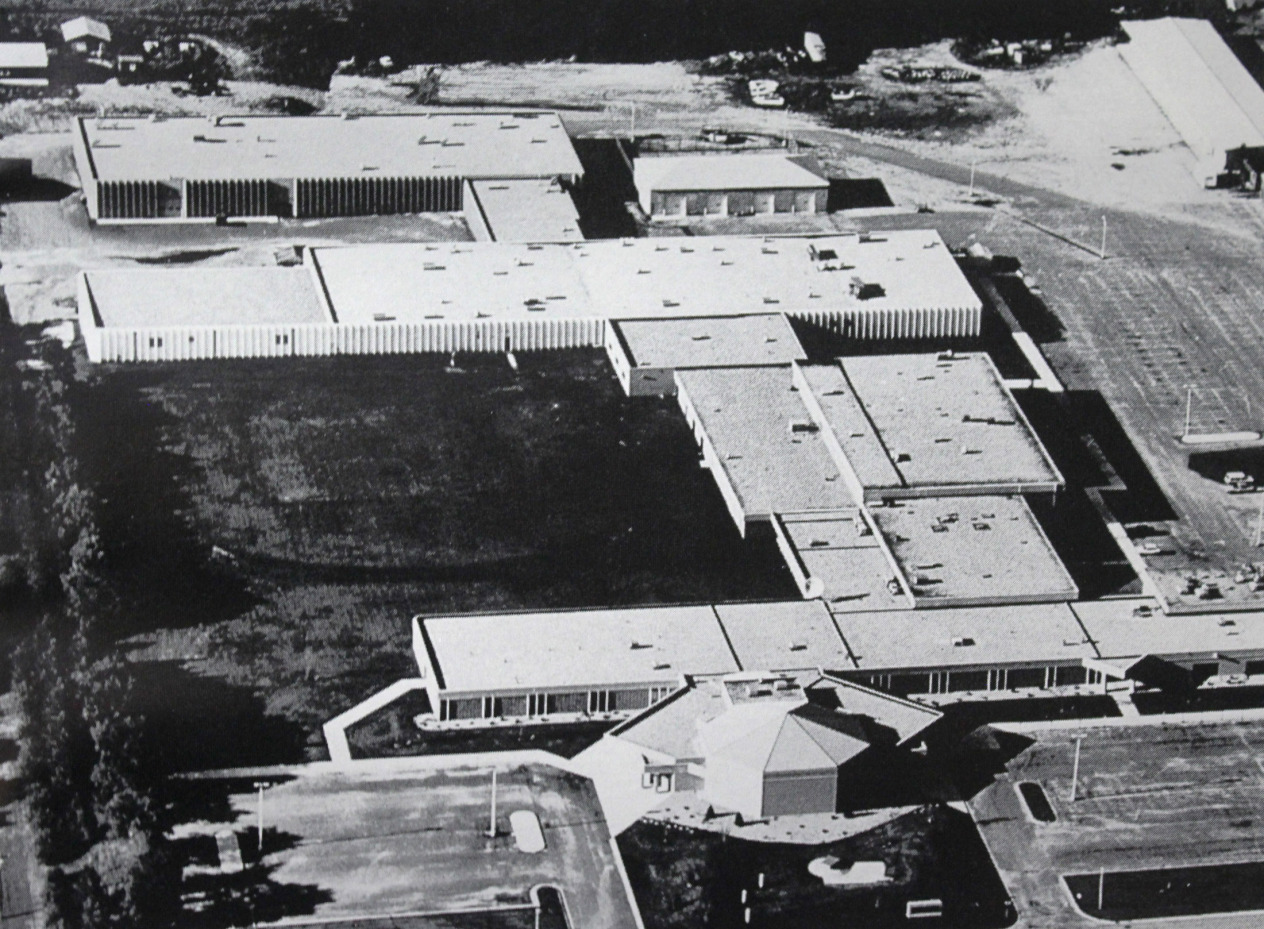Title
ECE2107 - Introduction to Language and Literacy
API ID
Credits
3 (3/0/0)
Description
This course provides an overview of language and literacy development for children birth to age 8. Students research, evaluate, plan and design developmentally appropriate language and literacy-rich experiences for children. Students also learn teaching strategies utilized to promote literacy development within the program/school setting and home.
Competencies
- Research strategies for assessing pre-primary-aged children's cognitive development and then plan, design and implement developmentally appropriate learning experiences and cognitive goals, based on children's emerging level of development, that encourage the development of language and communication skills.
- Research strategies for assessing pre-primary-aged children's cognitive development and then plan, design and implement developmentally appropriate learning experiences and cognitive goals, based on children's emerging level of development, that encourage the use and construction of literacy skills.
- Research strategies for assessing pre-primary-aged children's level of creative development and then plan, design and implement developmentally appropriate learning experiences and creative development goals based on children's emerging level of development, that encourage children to express ideas and feelings.
- Research and examine the central concepts and tools of inquiry for teaching language and literacy, such as teaching practices that support and enhance literacy development at all developmental levels, including primary.
- Examine the foundation of primary-aged children's reading processes, development and instruction, including how letters, words and sentences are represented in written English.
- Examine the foundation of reading processes, development and instruction, including the importance of teaching uppercase and lowercase letter recognition and formation.
- Examine the foundation of reading processes, development and instruction, including the instructional progression of the alphabetic principle.
- Research a range of implicit and explicit, appropriate, motivating, primary grade instructional practices and curricular materials that support reading instruction and oral language development.
- Research the selection, use and design of appropriate, engaging and multisensory instructional techniques and strategies, activities and materials to ensure children learn concepts about print, including how to recognize and write letters.
- Demonstrate the ability to create a literate and motivating environment for young children in primary grades that fosters reading by integrating foundational knowledge, instructional practices, approaches and methods, curriculum materials and the appropriate use of assessments.
- Research a variety of strategies to motivate children to read at home and encourage families to read to children in English or in the primary languages of English learners, and additional strategies that promote literacy in the home.
Degrees that use this course
Degrees that use this course
Degree:
Associate of Science (AS)
Location:
Fergus Falls Campus
Credits:
60
